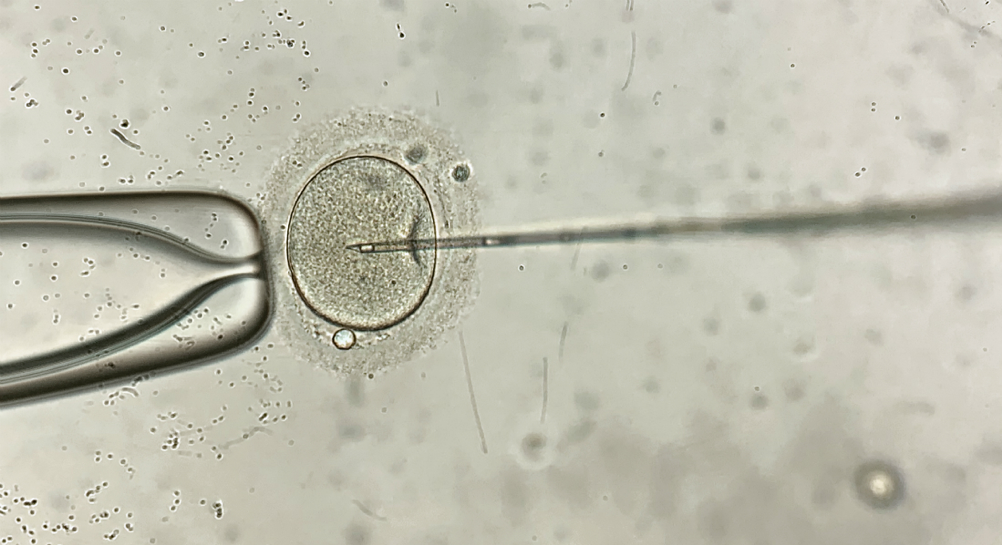CCS: a certain enzyme plays a central role in the earliest stages after fertilization
Some researchers have discovered that a particular enzyme may affect post-fertilization development and may explain why some artificial fertilization is not successful. Behind the discovery is an international research team from Denmark, Norway, and the US, led by researchers from the DNRF’s Center for Chromosome Stability (CCS) at the University of Copenhagen. The study was recently published in the scientific journal Nature Cell Biology.

Many people may not recognize that getting pregnant can often be difficult, whether through natural or artificial fertilization. When an egg is fertilized by sperm, several processes are subsequently initiated that is crucial for the cell to develop into a human.
However, this development may go wrong, which is why scientists around the world are constantly trying to more clearly understand what is going on in the very early development of a human being. Some of the researchers are from the basic research center CCS at the University of Copenhagen, which is at the forefront of a new study that has discovered that a certain enzyme seems to play a key role in whether the biological processes after fertilization go properly.
“You could envision the DNA strand in the very first cell as a large landscape. On it, some runways have been marked which show the way for other molecules and indicate which genes need to start first. We have now found an enzyme that keeps the runways open. In other words, the enzyme ensures that the fetal development can start in a proper and healthy manner,” said Eva Hoffmann, professor at CCS and senior author behind the study.
As part of the study, Professor Hoffmann and the rest of the international research team from CCS, Norway, and the United States have mapped the presence and activity of the enzyme in eggs from both humans and mice. Also, researchers have investigated the importance of putting the enzyme out of play in mice experiments. And that is where they could see a possible explanation for development after fertilization not going as it should.
“In order for a fetus to develop in a healthy manner, the cells need to be able to divide. But in our study, we can see that the cell division does not start properly if the enzyme has been deactivated. The right gene programs will not be turned on. And that means that the fertilized egg never develops into more than four cells before they are lost,” said Professor Hoffmann. She added:
“Once the sperm cell has fertilized the egg, the DNA is packed very tightly. If the enzyme is not there to open the runway, it is inaccessible to outside molecules. This means that the right gene programs cannot be switched on and started,” said Professor Hoffmann.
You can read the scientific article from CCS in Nature Cell Biology here
